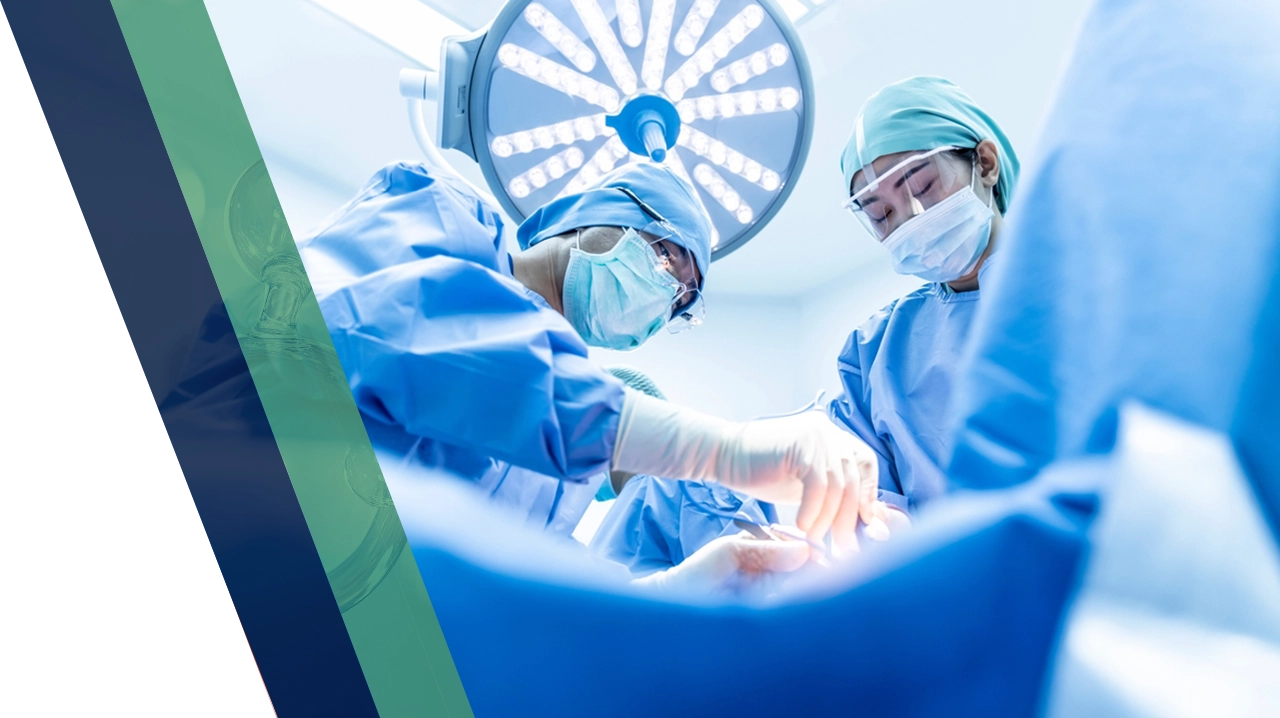Full-Service Medical Device CRO Services
Beaufort delivers customized clinical study solutions for medical device manufacturers of all sizes. From first-in-human investigations through post-market studies, our specialized teams combine technical expertise with regulatory insight to design trials that accelerate commercialization while maintaining scientific integrity.


